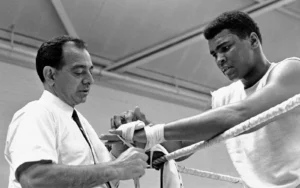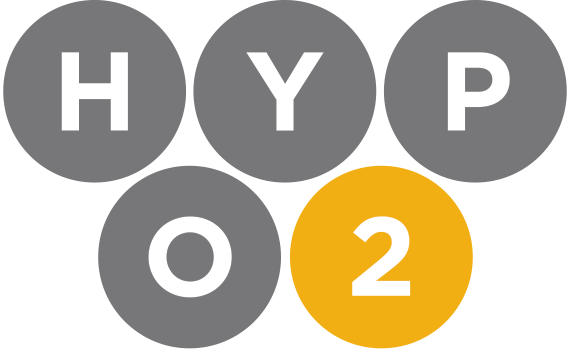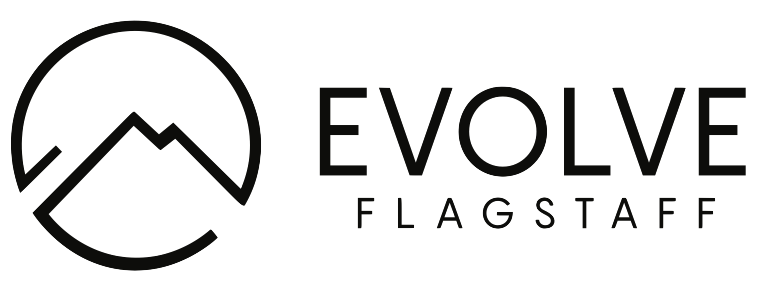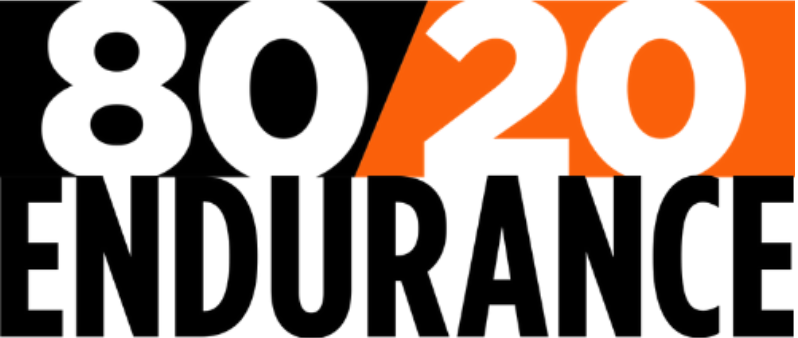Every once in a while, an athlete I’m coaching will confront me with information that they’ve obtained from another source and that (at least in their perception) challenges what I’ve told them or what I’m doing with them. For example, an athlete might say to me, “You always have me do some work at higher intensities in base training, but I was listening to such-and-such podcast and so-and-so said that all endurance athletes should go at least eight weeks without doing any work above low intensity in base training. What gives?”
That was a made-up example. Here’s a real one: Recently, an athlete I’m working with told me he’d heard an expert guest on a popular endurance podcast suggest that individual athletes should train very differently based on which physiological type they represent. The athlete then asked me which physiological type I thought he was and if I was tailoring his training to his type.
You might be curious to know how I answered this question, but I’m not going to tell you, because that’s not the point of this post. What I want to talk about instead is my emotional reaction (or nonreaction, more accurately) my athlete’s challenging me in this way.
There was a time when I used to react defensively in such moments—all the more so if I thought the athlete had a valid point. My unconscious goal in responding was to convince the athlete that I know everything and I never make mistakes. Admittedly, this wasn’t easy in cases where the athlete’s question revealed a genuine lapse or oversight or point of ignorance on my side and the proper response therefore would have been simply to concede the fact and explore how to incorporate the information the athlete had helpfully brought to the conversation into their future training.
How My Ego Died
I’m using the past tense because I don’t get defensive anymore when athletes challenge me. What changed? I’m not sure exactly. One factor, certainly, was the personal influence of my Zen Buddhist older brother. It was from Josh that I learned about ego death, or letting go of the pervasive human instinct to preserve and defend a rosy illusion of a unified and superior self. The supreme goal of the Buddhistic Middle Way is enlightenment, and enlightenment is inseparable from ego death—the absorption of the illusory “I” into the universe. All quotations attributed to the Buddha are apocryphal, but one that’s probably more accurate than others is this: “In the war of ego, the loser always wins.”
That’s a great line, yet the notion of ego death didn’t appeal to me until long after Josh first told me about it. What eventually drew me to it was the healthy self-loathing I developed in my late thirties and forties. Like everyone, I have some serious flaws in my character. Most people hide their flaws from themselves and instead judge themselves by utterly superficial social standards such as income, professional status, appearance, and popularity. But as I entered middle age, these distractions lost their hold on me, and I was left facing the self I preferred not to see—a selfish, stubborn, arrogant phony who—had he been another person—I would not have befriended.

Longtime trainer to Muhammad Ali, Angelo Dundee was famously humble.
Everyone thinks self-loathing is a bad thing, but when it’s justified it’s a wonderful thing. In my case, it deprived me of the old, reflexive impulse to defend myself from perceived ego threats or to maintain a false front in my relations with others. But I didn’t get to the point I’m at now—the point of not even feeling threatened, let alone acting threatened, when an athlete challenges me—until a third factor fell in place, which was the loss of my health. Chronic illness has shifted my mindset, demoting me to a secondary character in the story of my life. In a very fundamental sense, it’s not about me anymore, so I lack the impulse to defend myself or even to perceive challenges to my knowledge or professional competence as threats.
The Freedom of Ego Death
I wouldn’t wish chronic illness on anyone, but I do wish ego death on my fellow coaches. It’s incredibly freeing to arrive at a place where you can think and talk about your potential lapses and limitations the same way you would think and talk about those of a rival coach. It enables you to coach more effectively, because it keeps you focused on the one thing that matters, which is your athlete’s development, repurposing all that energy you used to waste on defending a whitewashed facsimile of yourself.
I don’t have much advice to offer on how to kill your ego. The Zen method my brother favors seems to work pretty well, but I suspect one can achieve the same result by bringing a certain intentionality into every athlete interaction. Consider muttering a little benediction just before you engage one-on-one with an athlete. Something like this: “It’s not about me. I am a servant, and a flawed one. Two things matter: truth and the athlete. There is no third.”











